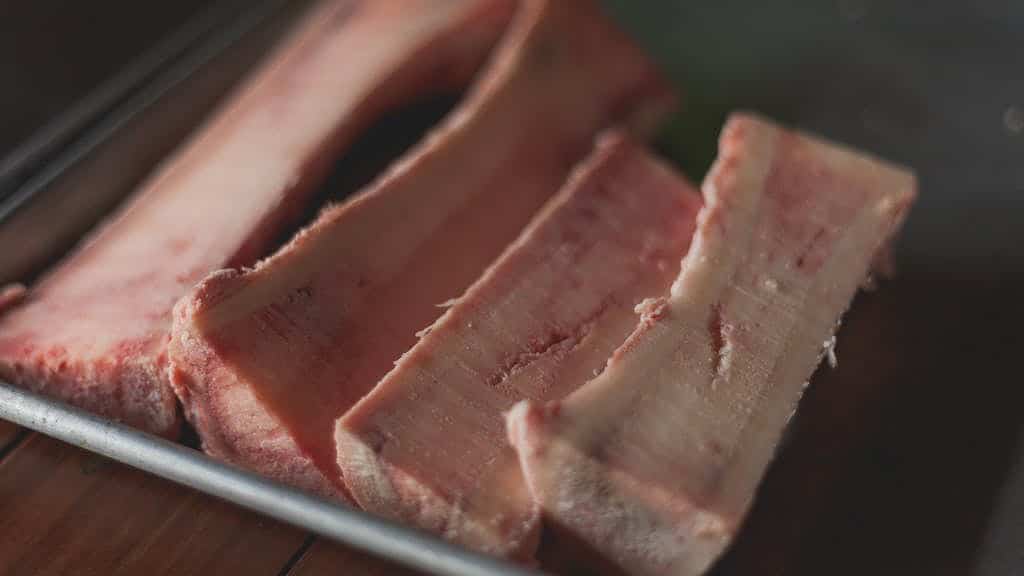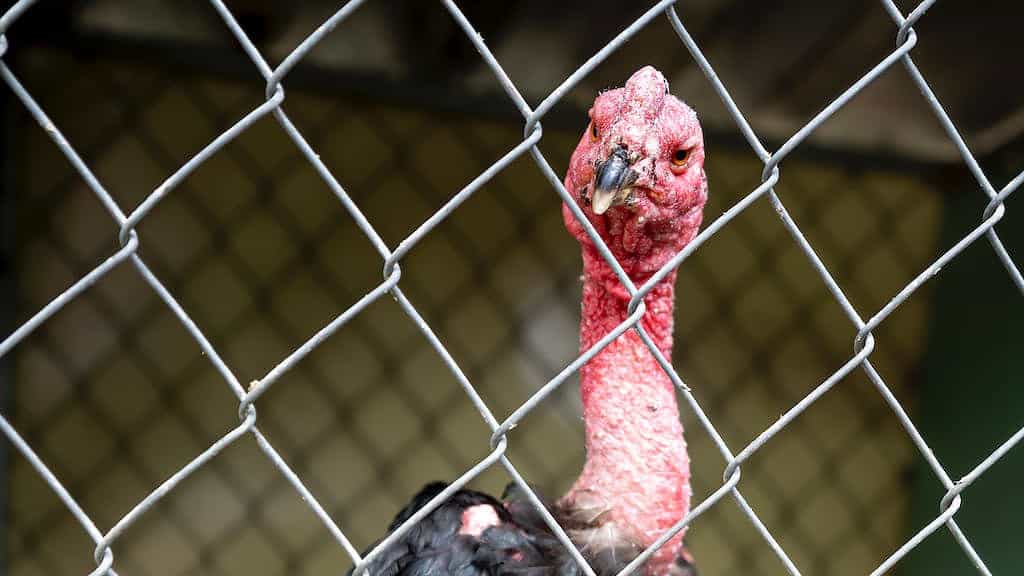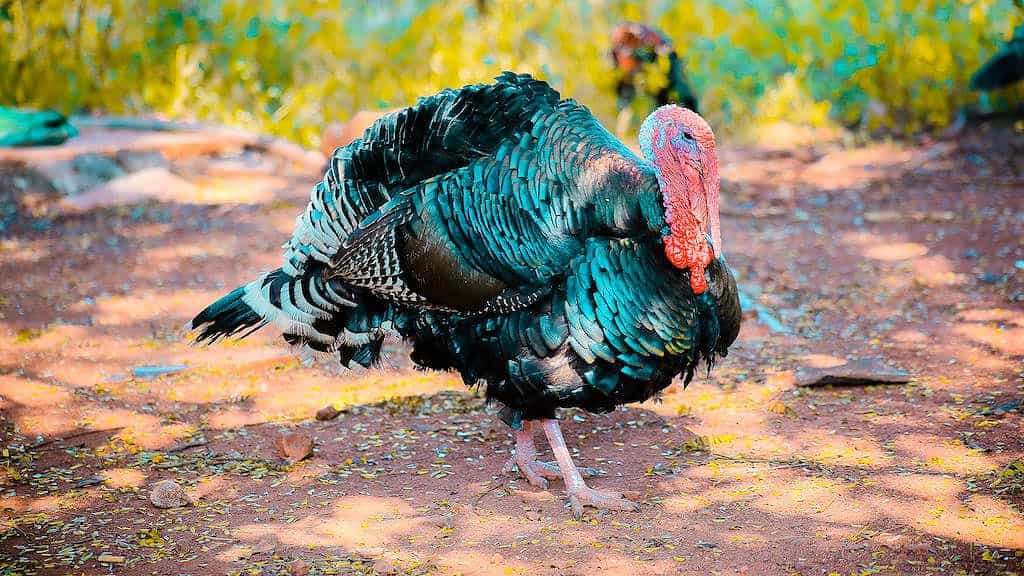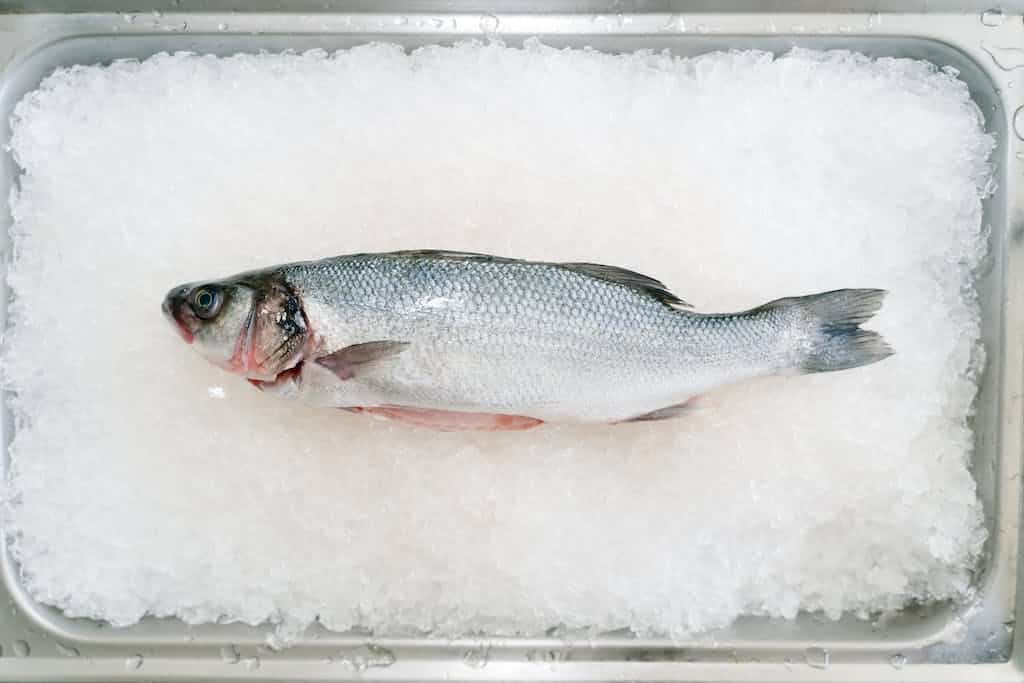Key Takeaways
- Dogs can eat baked ham as an occasional treat, but moderation is crucial.
- Ham should be boneless, fully cooked, and without seasonings or additives like garlic and onion, which can be harmful to dogs.
- Make sure to remove excess fat and skin from the ham to prevent digestive issues.
- Ensure the ham is served in small, bite-sized portions to prevent choking hazards.
- Ham should never be the main part of a dog’s diet and should only be given as an occasional addition to their regular balanced meals.
- Watch out for any signs of digestive upset or allergic reactions after feeding your dog baked ham.
- Consult with your veterinarian before adding any new food to your dog’s diet, including baked ham.
- Other sources of protein, like lean meats, are typically safer and healthier options for dogs.
Summary
Can dogs eat baked ham? While dogs can technically eat small amounts of baked ham, it is generally not recommended due to the high salt and fat content. This article delves deeper into the potential risks and benefits of feeding baked ham to dogs, exploring the possible digestive issues, sodium overload, and fat-related health concerns. It also provides safer alternatives and explains how to incorporate occasional treats into a balanced and healthy canine diet. Whether you’re concerned about your dog’s mealtime or curious about the effects of baked ham on their well-being, this article provides valuable insights to help you make informed decisions about your furry friend’s dietary needs.

Can Dogs Eat Baked Ham?
Many dog owners wonder whether it is safe to give their pets baked ham. While ham itself is not toxic to dogs, certain factors need to be considered before offering it to your furry friend. One crucial aspect to keep in mind is that ham is high in fat, which can cause digestive issues in dogs. Consuming fatty foods can lead to pancreatitis, a condition that causes inflammation of the pancreas.
Potential Health Risks
Aside from the high fat content, baked ham often contains additives, preservatives, and seasonings that may harm dogs. Some recipes use ingredients such as garlic or onion powder, which are toxic to dogs. A small amount of these substances can severely damage a dog’s red blood cells, leading to anemia. Moreover, ham often contains a high level of sodium, which can be detrimental to dogs, especially those with heart or kidney issues.
Proper Preparation and Portion Control
If you decide to give your dog baked ham occasionally, it is crucial to prepare it properly and control the portion size. Remove any bones, excessive fat, and the skin before offering it to your pet. Make sure the ham is properly cooked and does not contain any seasoning or additional ingredients that may be harmful. It is also essential to provide ham as an occasional treat and not as a regular part of your dog’s diet to avoid potential health complications.
Consult Your Veterinarian
Before giving your dog any new food, including baked ham, it is vital to consult with your veterinarian. They can provide personalized advice based on your dog’s health history, dietary needs, and any pre-existing conditions. Your veterinarian may recommend alternative treats or foods that are safer and more suitable for your dog’s overall well-being.
Safe Alternatives and Healthy Treats
If you are looking for safer alternatives to baked ham, there are numerous healthy treats available specifically for dogs. Fresh fruits and vegetables, such as carrots or cucumbers, can make excellent crunchy treats. Additionally, lean meats like cooked chicken or turkey, without any seasoning, can be a healthier option for your furry companion, providing protein without the excessive fat content found in ham.
Quick Recap
Before we move onto recipes and alternative foods for dogs let’s quickly recap, while dogs can eat baked ham in moderation, it is essential to consider the high fat content, potential additives, and seasonings that may be harmful to their health. Always consult with your veterinarian before introducing any new foods into your dog’s diet to ensure their well-being. Opting for safer alternatives and treats specifically designed for dogs is a better choice to maintain their overall health and prevent any potential complications.
Recipes and Alternatives to baked ham for dogs
Dogs should not eat baked ham as it can be harmful to their health. Ham is high in sodium and fat, which can lead to digestive issues and pancreatitis in dogs. Instead, here are some alternative foods that are safe and healthy for dogs:
- Baked chicken breast
- Lean ground turkey
- Salmon
- Boiled eggs
- Plain cooked sweet potatoes
Can Dogs Eat Baked Ham?
Disclaimer: Before making any changes to your dog’s diet, it is always recommended to consult with your veterinarian. The information provided below is for informational purposes only and should not replace professional advice.
1. Is baked ham safe for dogs to eat?
While baked ham is not toxic to dogs, it is not considered a healthy or recommended food for them. Ham, especially when baked, contains high levels of sodium and fat, which can be harmful to dogs if consumed in large amounts.
2. Can dogs have a small amount of baked ham?
In moderation, a small bite of plain, fully cooked baked ham without any seasoning, glaze, or bones is generally safe for most dogs. However, it is important to consider your dog’s overall diet, health, and any specific dietary restrictions or sensitivities before sharing any human food.
3. What are the risks of feeding baked ham to dogs?
Feeding baked ham to dogs can pose several risks:
- Sodium overload: High sodium content in ham can lead to excessive thirst, water retention, and potential electrolyte imbalances in dogs.
- Pancreatitis: The high fat content of ham can trigger pancreatitis in certain dogs, especially those with a history of pancreatic issues.
- Bone hazards: Ham often contains bones that can splinter and cause obstructions or perforate a dog’s digestive tract, leading to serious health complications.
4. Are there any alternatives to baked ham for dogs?
Yes, there are many healthier alternatives to baked ham that you can offer to your dog:
- Lean, fully cooked meats like chicken or turkey without seasoning or skin.
- Fruits such as apples, bananas, or blueberries (in moderation) can make for safe and tasty treats.
- Vegetables like carrots, green beans, or sweet potatoes can be great options for dogs.
- Commercially-produced dog treats that are specifically formulated with safe and nutritious ingredients.
5. What should I do if my dog consumes a significant amount of baked ham?
If your dog accidentally eats a large amount of baked ham or shows any signs of digestive discomfort such as vomiting, diarrhea, or abdominal pain, it is recommended to contact your veterinarian immediately.
6. Can I feed my dog ham bones?
No, feeding ham bones to dogs is highly discouraged. The bones can splinter and cause severe injuries or blockages in a dog’s digestive system. Always opt for safe chew toys or specially designed dog bones instead.
7. What are the signs of sodium or fat toxicity in dogs?
If dogs consume excessive amounts of sodium or fat, they may exhibit symptoms such as increased thirst, frequent urination, bloating, diarrhea, vomiting, pancreatitis, or even heart issues. It is important to seek veterinary assistance if you notice any of these signs.
Remember, a balanced and nutritionally tailored diet is crucial for your dog’s overall wellbeing. Stick to their regular dog food and consult your vet if you have any concerns or questions regarding their diet or any specific human foods.
Conclusion
After careful consideration, it is advisable to refrain from feeding dogs baked ham. While ham itself is not inherently toxic to dogs, the baking process may introduce flavorings, spices, or even ingredients like onions or garlic that are harmful to canines. Furthermore, the high salt content in ham can lead to excessive thirst, sodium ion poisoning, or even pancreatitis in dogs. It is crucial to prioritize your dog’s well-being and choose dog-friendly alternatives when looking to treat them. Consulting a veterinarian for guidance on suitable and safe diet options is always recommended to ensure your dog’s health and happiness.
📚 Sources:












